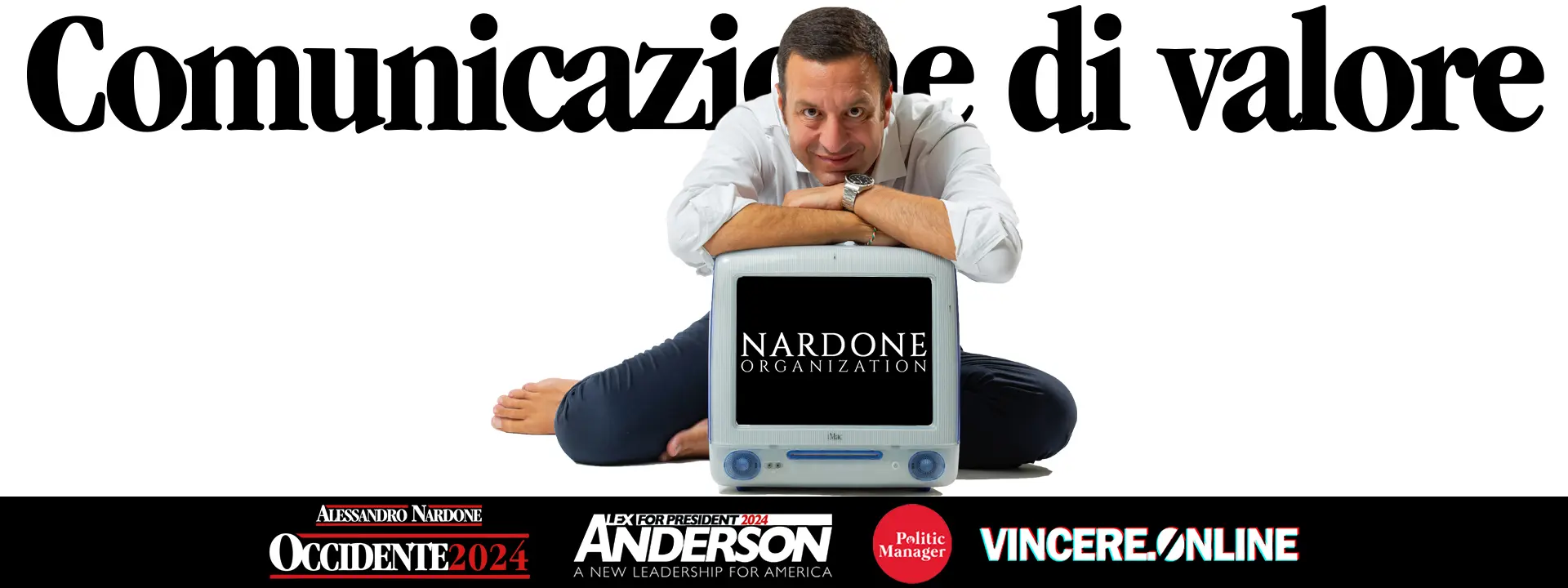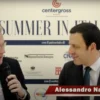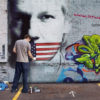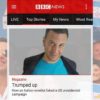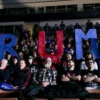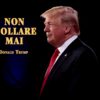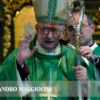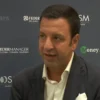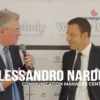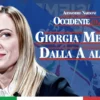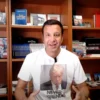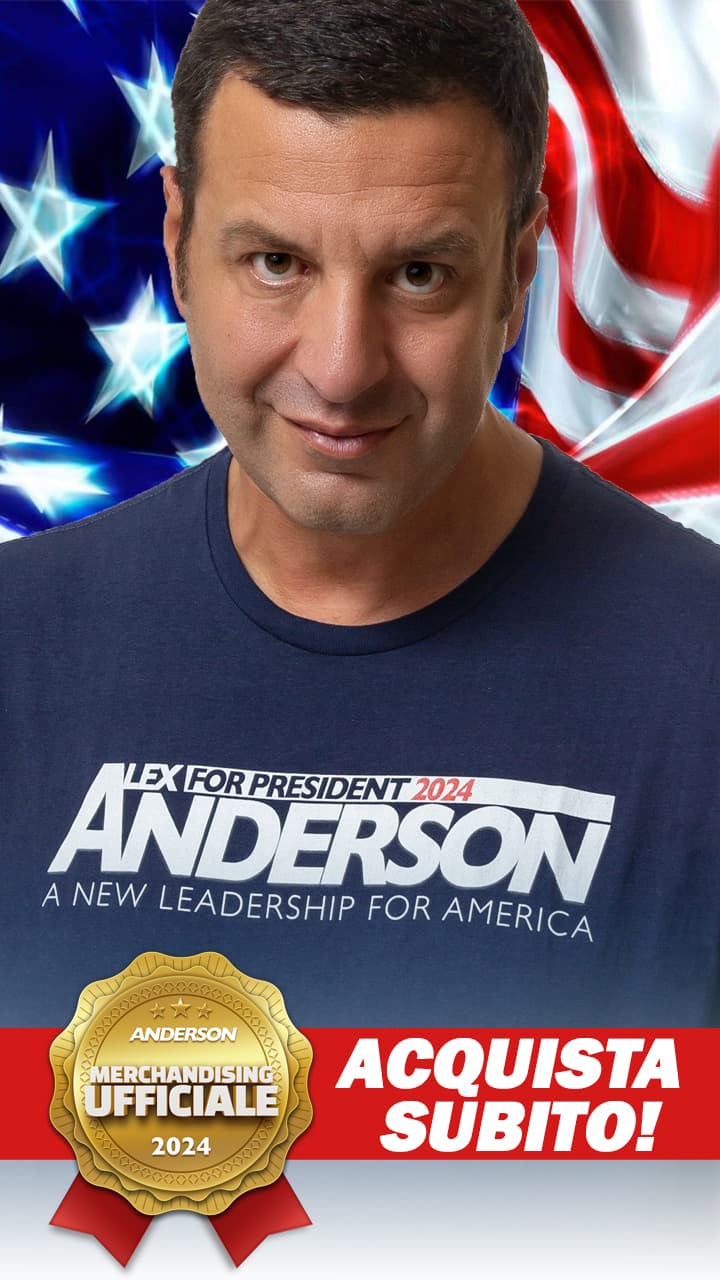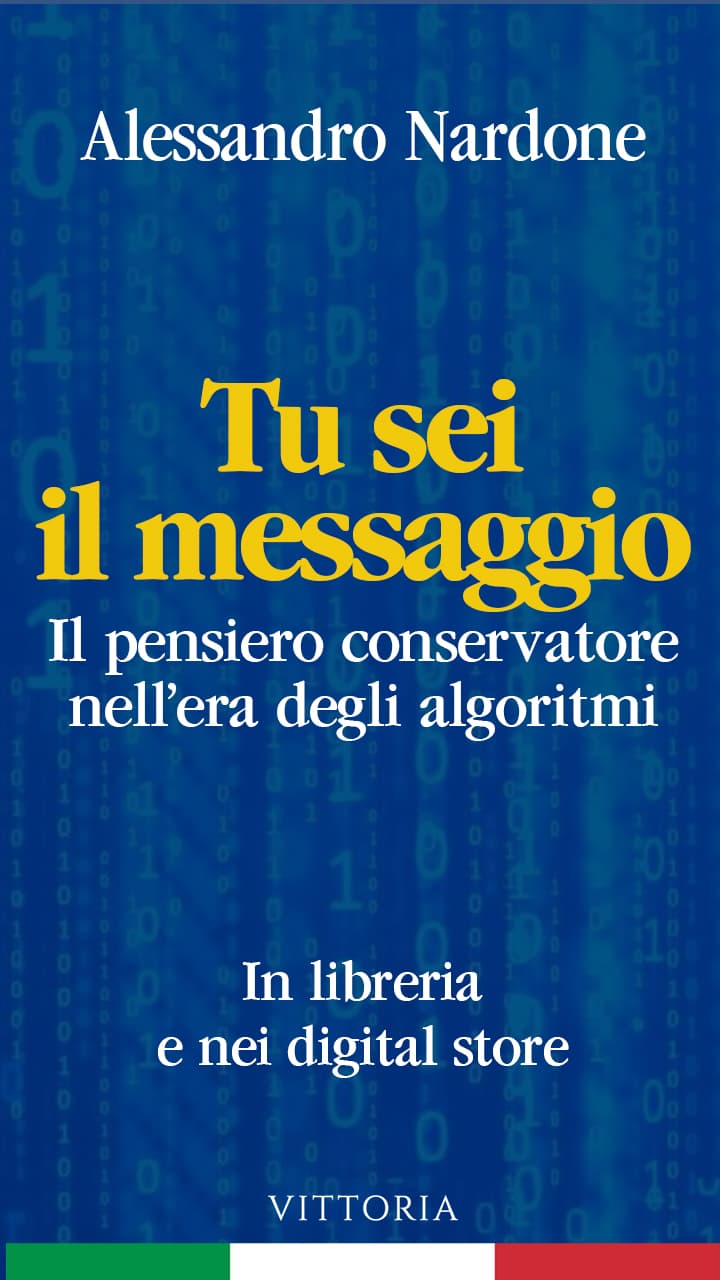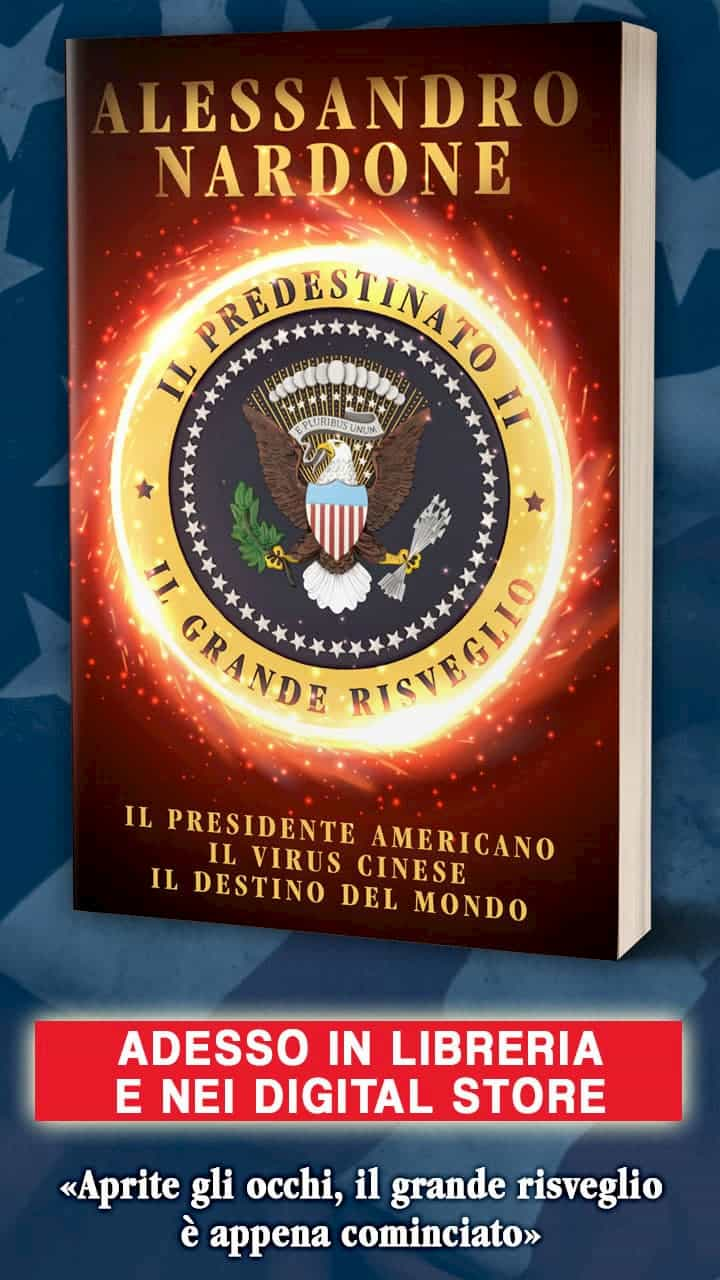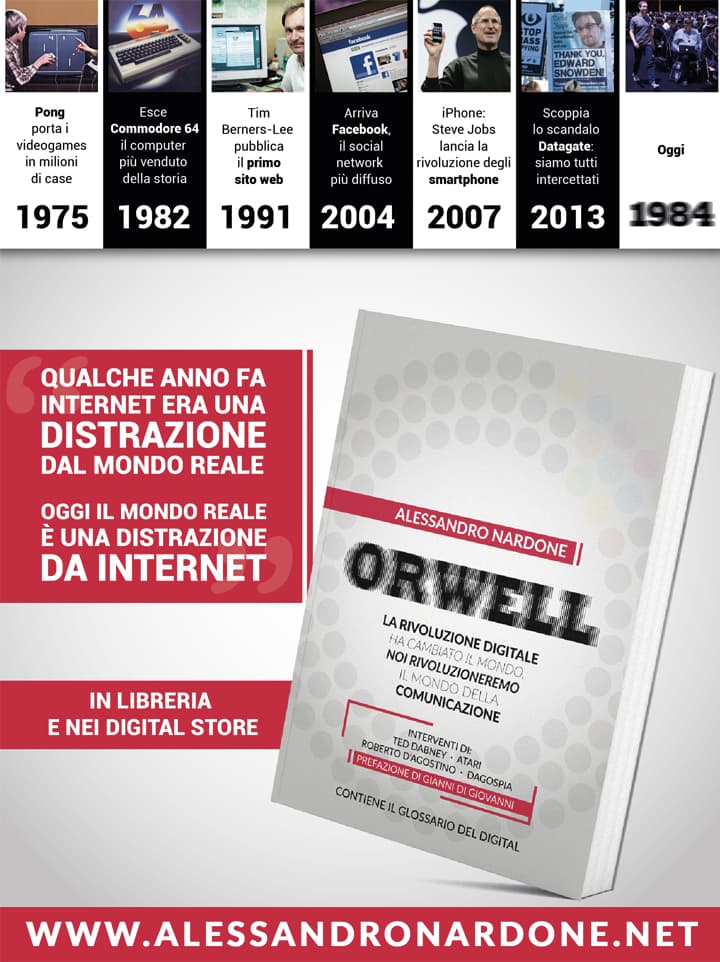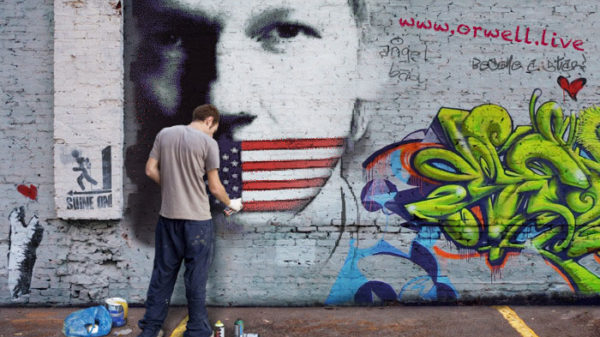No one has been able to arouse hate and admiration, enthusiasm and contempt in equal measure like Julian Assange.
And yet, beyond his own enigmatic figure, a divisive subject for a thousand reasons, the impact of his work on investigative journalism and press freedom sparked the debate around the Wikileaks leader. What is, then, Assange?
A hacker, a publisher, a new assault journalist “prototype”, a spy, or, as former vice president of the United States Joe Biden declared, a “hi-tech terrorist”? The Economist itself seems to have no doubts in framing the role played by the founder of Wikileaks.
“A responsible journalist would never think of asking an authoritarian country’s spies to send him secrets for the purpose of influencing democratic elections.” 1
But is it really so?
About Wikileaks’s activity Stefania Maurizi (one of the most prepared and accredited journalists on this topic) shows a very different approach, aimed at highlighting the destabilizing profile of the platform towards power.
“The idea behind Wikileaks was revolutionary: exploiting the power of the internet to create a global organization capable of obtaining and leaking shocking documents anonymously. Explosive files revealing abuses of human rights, war crimes, crimes of all kinds committed by intelligence services, banks, cults, multinationals”.
In order to respond to the Economist’s firm stance, it would be enough to recall the agitation after the publication of the “Pentagon papers” by the New York Times and the Washington Post, thanks to which confidential documents concerning the war in Vietnam were made public.
Now, the Gordian knot to untangle is still wrapped in a question: what is the difference between Daniel Ellsberg’s photocopies and the rewritable CDs used by Chelsea Manning to replace Lady Gaga’s songs with confidential compressed files? None. The philosophy that drives a “mole” to deliver confidential information only deals with the intimate desire to help public opinion to understand, know and evaluate the events, by reading normally inaccessible contents.
A written testimony of that is one of the many private chats between Adrian Lamo and Bradley Manning (now Chelsea). In one of these, the former intelligence analyst responds to his interlocutor, intrigued by the hypothesis of being in close contact with a spy: “The spies do not post information so the world reads them”. And again, “information should be free because it belongs to public opinion” .2
From the ragù cooked with various cuts of slander, some of them really poor, a common thread leaps out. The accusations of “embezzlement of profession”, mainly arise from those newspapers, or journalists, to whom Wikileaks has not granted the exclusivity for the publication of confidential documents. 3
In most cases, (you can see it just surfing the web), it seems a sort of personal revenge, mostly hatched by Assange’s detractors. Many of whom are famous for their stubborn inclination to please the powerful.
A spiel probably clouded by envy and a massive dose of resentment, where they forget to tell the decisive role played by Wikileaks in the propagation of news regarding massacres, scandals and abuses. Misdemeanors committed by the power for power, often in the name of false alarms to national security (for example the operation “Enduring Freedom”, or the following invasion of Iraq, a country suspected of collaborating with Islamic terrorism).
After so many years, we are still waiting to find out where Saddam Hussein kept the Weapon of Mass Destruction. On the other hand, the lack of reliability of that information is accompanied by the conviction that the tragedy of September 9/11 was used to justified an atrocious war based on a lethal mixture of (often innocent) blood and money also because the American society can be easily penetrated from the communication point of view4.
The mission of journalism is simple, after all: informing the reader through the disclosure of all the news of public interest, guaranteeing, at the same time, protection and anonymity to the sources that collaborate with the editorial offices. In summary, freedom of the press and transparency.
The same transparency invoked, for example, by a Wikileaks activist through an appeal to governments: “You can either be transparent, or transparency will be brought to you”5.
After the US Secretary of State Mike Pompeo’s declarations about the government’s desire to extradite the leader of Wikileaks, thick clouds gather in Assange’s sky. Indeed, the Donald Trump’s twitters in favor of the platform (“I love Wikileaks” he wrote in 2016, after the e-mail scandal that hit Hillary Clinton) seem to belong to another geological era, if compared with the more recent ones.
“I know nothing about Wikileaks” said the president of the United States after Assange’s arrest. A lie that delivers the entire redaction of the most celebrated and discussed organization of the last ten years to a dreamlike oblivion.
Today, with the risk of a heavy sentence that hangs over the head of the co-founder of Wikileaks (up to 175 years in prison), all we ask ourselves is: what will happen to the platform after Assange?
Who will dare, with the same determination, to raise the voice against power to the point of jeopardizing their freedom and fighting battles that concern not only themselves, but the role (in a holistic sense) of the press in the world?
Assange has successfully and undeniably rewritten the way to do inquiry journalism, updating, thanks to the power of the web, the old but still effective information gathering practices.
However, at least this Newspaper confides that, with his talent and intelligence, he could still be the standard bearer of free press, the one, to be clear, invoked by many but defended by a few.
The stakes are high and call everyone to the defense of the Truth, just as hoped for by the historic Supreme Court’s judgment about the case of the Pentagon papers: ” Only a free and unrestrained press can effectively expose deception in government”.
Now Assange will have to find the strength to respond to the arrogance manifesto promoted by the power, without forgetting the meaning of his mission: “Helping people who are vulnerable crushing bastards”
#FreeAssange
1 The Economist, “Julian Assange: journalistic hero or enemy agent?”
2 Paolo Zelati, “Julian Assange, l’uomo che fa tremare il mondo”, Barbera Editore
3 The Wikileaks scoops with the press mostly concern “The Guardian”, “The New York Times”, Der Spiegel, Le Monde, El Pais, in Italy the Newspapers of the Gedi Group, and the Novaja Gazeta (daily newspaper close to Mikhail Gorbaciov, where Anna Politkovskaya, the famous reporter killed in October 2006, used to work)
4 http://www.saluteinternazionale.info/2018/03/i-terribili-costi-dellinvasione-delliraq-2003-2018-per-non-dimenticare/
5 Paolo Zelati, “Julian Assange, l’uomo che fa tremare il mondo”, Barbera Editore)

